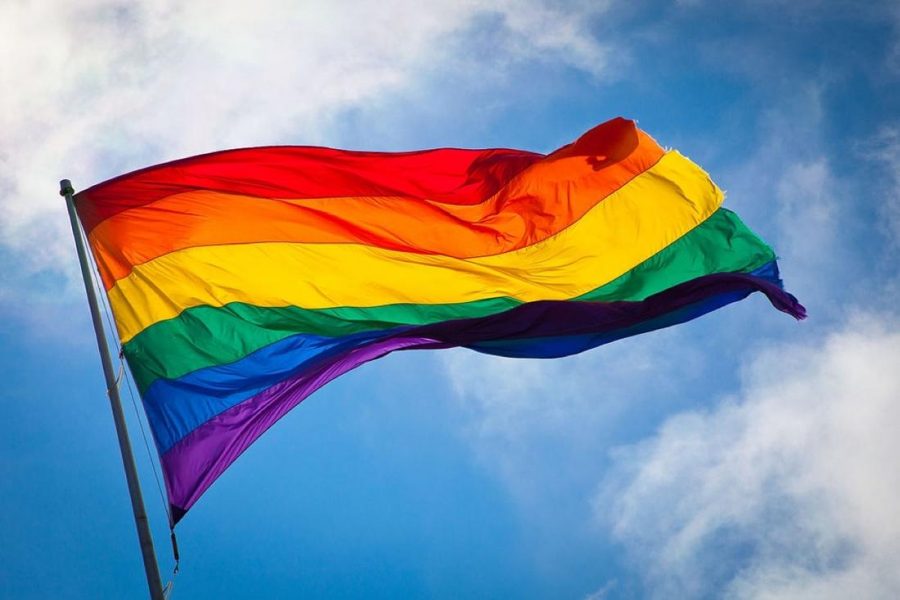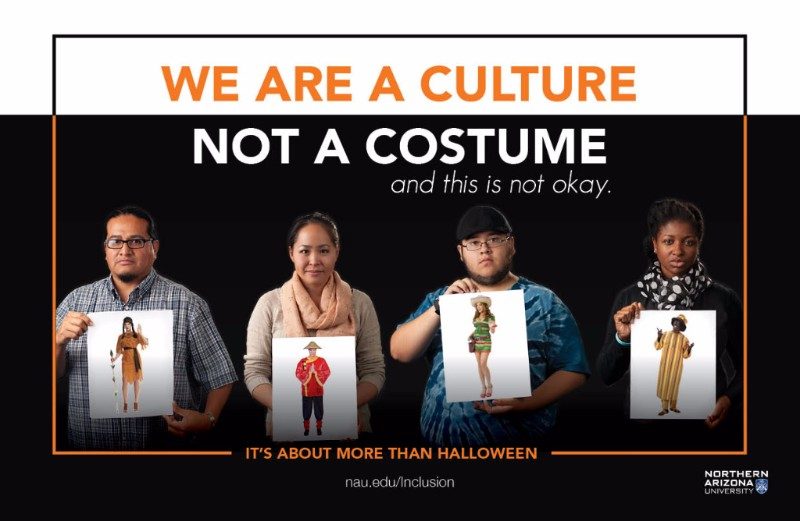On Monday, the U.S. Supreme Court decided not to review same-sex marriage cases in several states. This effectively makes marriage legal for any two people in those states.
In Wisconsin, Indiana, Utah, Oklahoma, and Virginia, the Supreme Court ruled, “certiorari denied,” upholding the lower courts’ rulings. It also leaves in place rulings in West Virginia, North Carolina, South Carolina, Kansas, Colorado, and Wyoming, where same-sex marriage will soon be allowed, bringing the total number of states that allow it to 30, according to CBS.
“Any time same-sex couples are extended marriage equality is something to celebrate, and today is a joyous day for thousands of couples across America who will immediately feel the impact of today’s Supreme Court action,” said Chad Griffin, president of Human Rights Campaign.
Despite the allowance, the Supreme Court did not establish a constitutional right to marry.
“The Supreme Court should bring the country to a nationwide resolution,” said Evan Wolfson, head of the group Freedom to Marry.
Somewhat surprisingly House Speaker John Boehner, Majority Leader Kevin McCarthy, nor the Republican National Committee issued statements.
Texas Senator Ted Cruz was the one of the few exceptions. “By refusing to rule if the states can define marriage, the Supreme Court is abdicating its duty to uphold the Constitution,” he said in a statement in Politico. Cruz has introduced a proposed Constitutional amendment that would allow states to determine whether they wish to allow gay-marriage. It would explicitly block any federal action.
Indiana Gov. Mike Pence was disappointed in the ruling, reiterating his belief in “traditional marriage.” However, Pence added, “People are free to disagree with court decisions but we are not free to disobey them.”
Many political figures suspect the question of same-sex marriage to come up on the 2016, but think issues of war, national security, and the economy will take precedence.
An April 2013 NBC/WSJ poll found 66 percent of Republicans opposing gay marriage, with 53 percent of Americans supporting in.
Two-thirds of same-sex couples will soon live in states where they can marry, according to the Williams Institute at the University of California.
A NPR article suggested that as the number of legal same-sex marriage increase, the practice is less and less likely to be rescinded and courts will be even less likely to take cases calling for its prohibition.
While the Supreme Court’s decision is a positive step for same-sex marriage in the U.S. there are still 20 states where it is barred. More needs to be done to change bans in these states.
Mid-term general elections are November 4, 2014. Some deadlines for state registrations have already passed, but many states allow day-of registration or registrations received 10 days prior to Election Day. RocktheVote.com has a list of registration deadlines by state.
We’re moving further into the 21st century, and it’s a shame to see so many people still taking our right to vote for granted.
If this is something you’re passionate about, make your voice heard. You can determine the future of this issue, so get out and vote. You have no excuse not to.




















